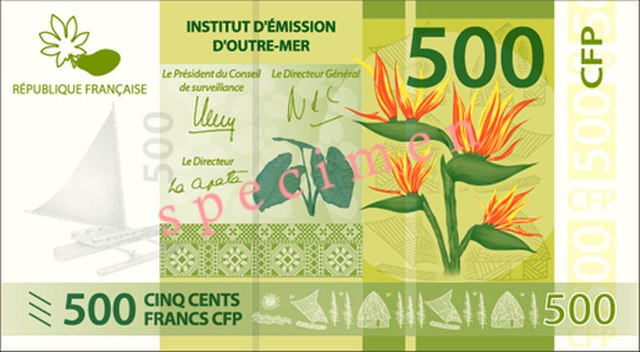The Franks were a western European people during the Roman Empire and Early Middle Ages. They began as a Germanic people who lived near the Lower Rhine, on the northern continental frontier of the empire. They subsequently expanded their power and influence during the Middle Ages, until much of the population of western Europe, particularly in and near France, were commonly described as Franks, for example in the context of their joint efforts during the Crusades starting in the 11th century. This expansion came about because the romanized Frankish dynasties based within the collapsing Western Roman Empire first became the rulers of the whole region between the rivers Loire and Rhine, and then subsequently imposed power over many other post-Roman kingdoms both inside and outside the old empire.
Aristocratic Frankish burial items from the Merovingian dynasty
A 19th century depiction of different Franks (AD 400–600)
Detail of the Tabula Peutingeriana, showing Francia at the top
A 6th–7th century necklace of glass and ceramic beads with a central amethyst bead. Similar necklaces have been found in the graves of Frankish women in the Rhineland.
French is a Romance language of the Indo-European family. It descended from the Vulgar Latin of the Roman Empire, as did all Romance languages. French evolved from Gallo-Romance, the Latin spoken in Gaul, and more specifically in Northern Gaul. Its closest relatives are the other langues d'oïl—languages historically spoken in northern France and in southern Belgium, which French (Francien) largely supplanted. French was also influenced by native Celtic languages of Northern Roman Gaul like Gallia Belgica and by the (Germanic) Frankish language of the post-Roman Frankish invaders. Today, owing to the French colonial empire, there are numerous French-based creole languages, most notably Haitian Creole. A French-speaking person or nation may be referred to as Francophone in both English and French.
Distribution of native French speakers in 6 countries in 2023
The "arrêt" signs (French for "stop") are used in the province of Québec, Canada while the English stop, which is also a valid French word, is used in France and other French-speaking countries and regions.
Town sign in Standard Arabic and French at the entrance of Rechmaya in Lebanon
A 500-CFP franc (€4.20; US$5.00) banknote, used in French Polynesia, New Caledonia and Wallis and Futuna








